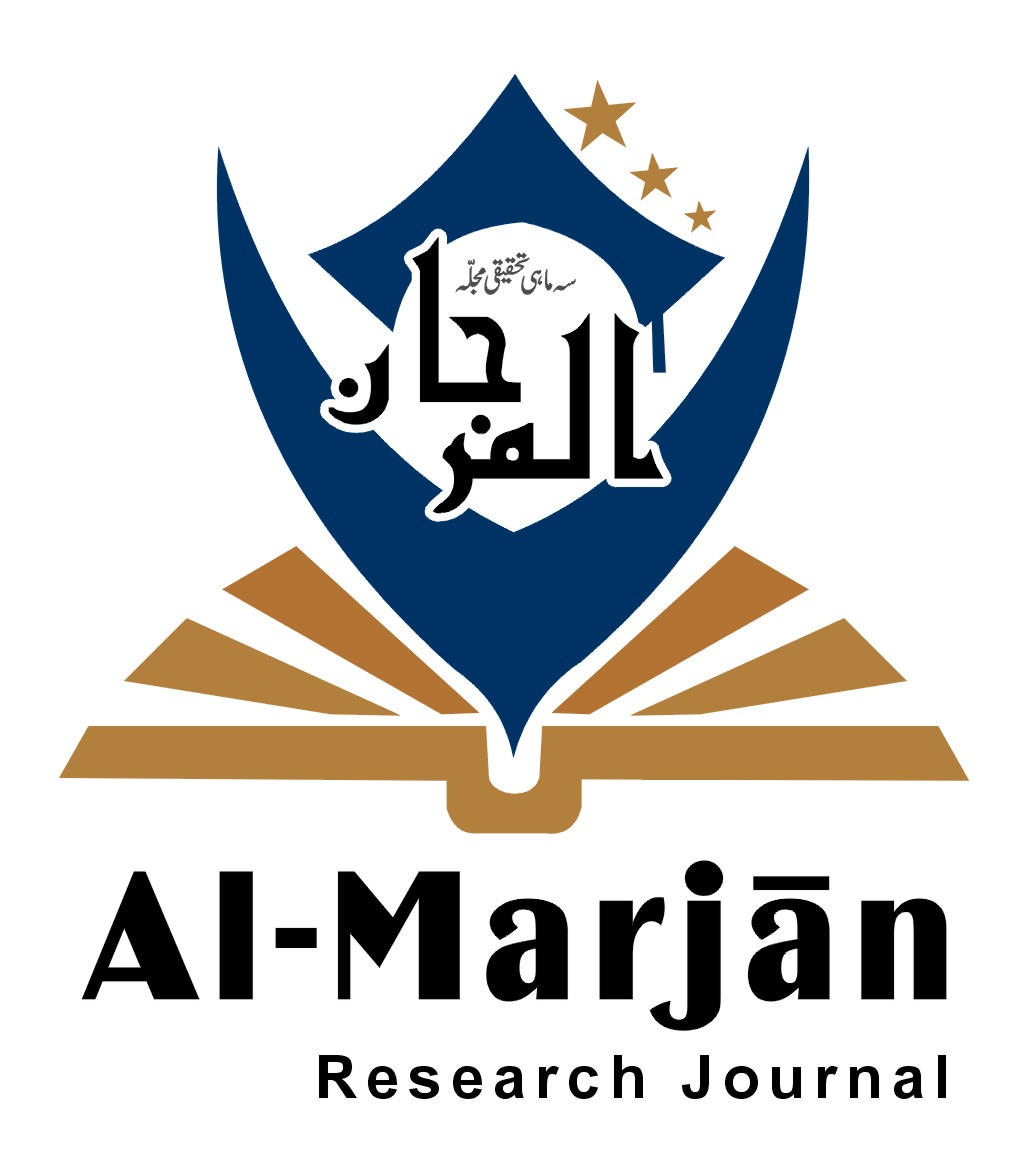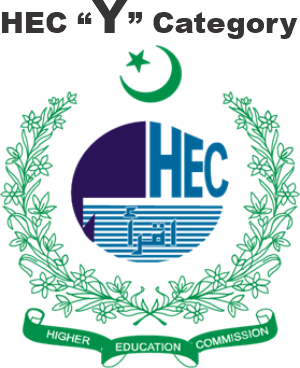Education and Training of Women in the Prophetic Era ﷺ: Centers, Methods, and Practical Manifestations – A Research Study
عہدِ نبوی ﷺ میں خواتین کی تعلیم و تربیت: مراکز، اسالیب اور عملی مظاہر کا تحقیقی مطالعہ
DOI:
https://doi.org/10.1234/t1b19p29Keywords:
Women’s Education, Prophetic Era, Islamic Education, Educational Methods, Women EmpowermentAbstract
The Prophetic era ﷺ represents a golden age in the history of education and societal development, where equal emphasis was placed on the education and training of women and men. Recognizing the pivotal role of women in societal welfare, Islam has made knowledge acquisition not only a right but a religious obligation for women, akin to men. This research explores the multifaceted approach to women’s education during the time of Prophet Muhammad ﷺ, examining its necessity, objectives, methods, and the establishment of educational institutions. The study delves into how education was imparted through sermons, discussions, and direct engagement, ensuring inclusivity. The Prophet ﷺ established several centers for women’s education, including homes, mosques, Eid gatherings, and separate and mixed assemblies, catering to different needs. The role of the Prophet's wives, especially in propagating knowledge, highlights their significant contribution to the intellectual upbringing of women in that era. The study also investigates the enthusiasm of women in acquiring education, as well as the tailored methods used to foster learning in both individual and collective contexts. This research is essential for understanding the educational framework of the Prophetic era and its relevance in today’s context. By implementing these principles, a robust system of education can be developed to empower women, enabling them to fulfill their societal responsibilities effectively and contribute to collective prosperity.






































